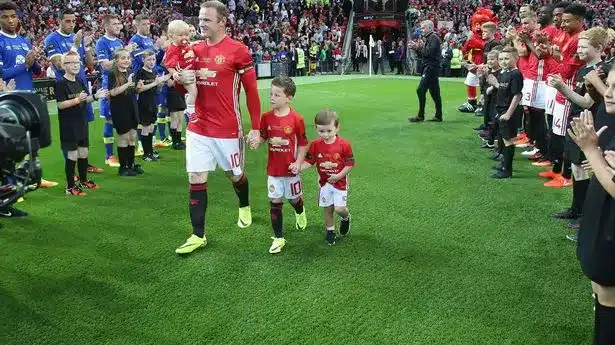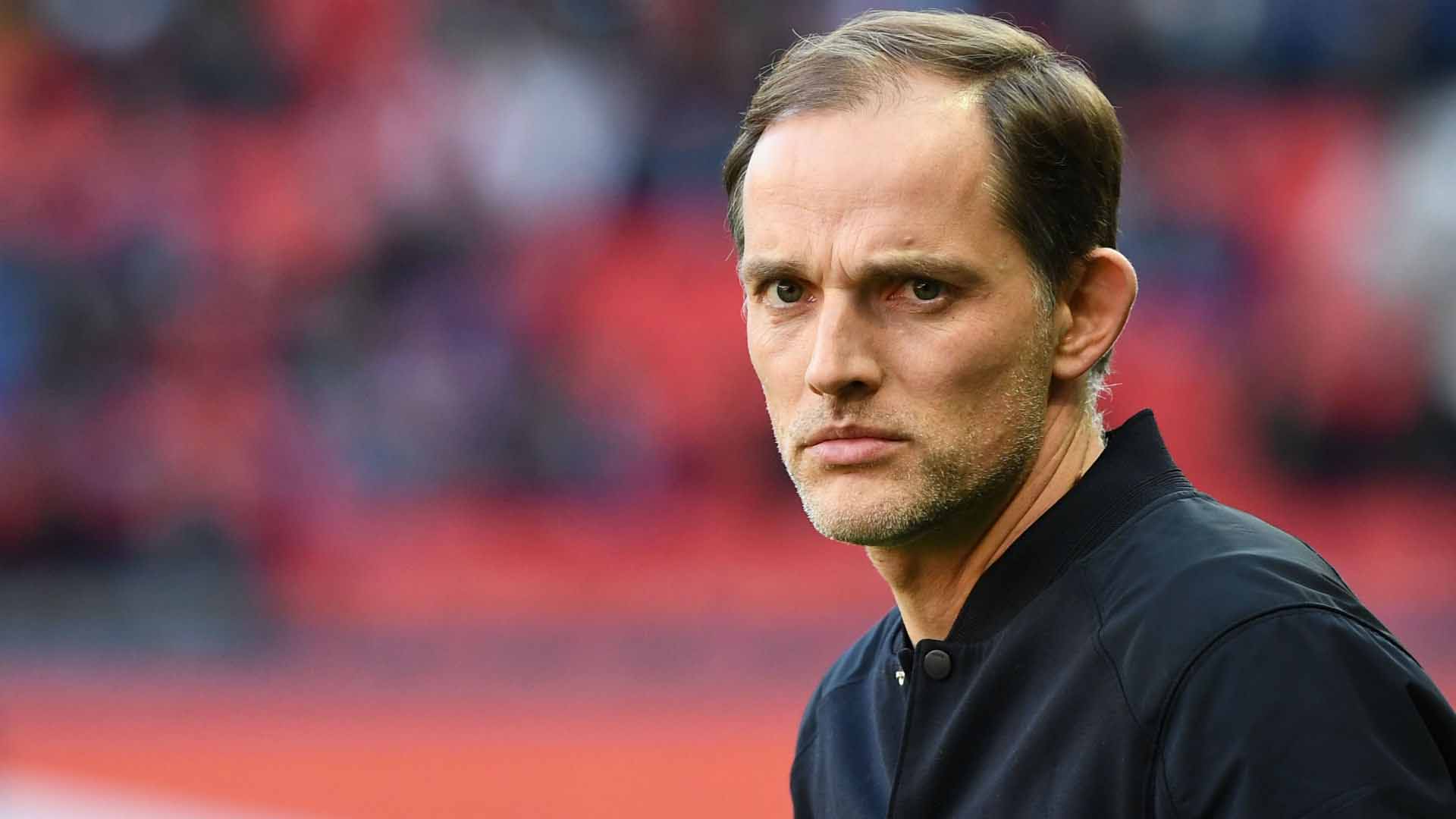David de Gea recently announced that he is leaving Manchester United after 12 years.
Of course, the general discourse after any such announcement is where the career is headed next.
Options for David de Gea’s next club are plenty, but fans were also curious to know- Will he get a testimonial game?
So, what is a testimonial match, and how do players qualify for one? Here are all the details:
What is a Testimonial match in football?
In old times, when football couldn’t be a full-time job due to lack of money in the game, clubs would usually honour their long-serving game with a “Testimonial fixture” after they hang up their boots.
In this game, a non-competitive fixture, the retired player’s current and past teammates would make an appearance for a 90-minute game in front of a crowd.
The proceeds from the fixture would then be paid to the retiring player. The idea behind doing this was to set the player up for a healthy post-retirement life financially.
As money has flown into the game, and the footballers become some of the richest people on earth, this original intention is no longer needed.
While testimonials in countries where football is not a lucrative sport are still held with this intention, the scenario has changed in Europe and South America.
Nowadays, the Testimonial fixture has become a charitable affair, where the conduct of the game is the same as before but the proceeds from the game go to a charity of the retiring player’s choosing.
How do players get a Testimonial?
Generally, a Testimonial fixture is held for a player once they have completed 10 years of service at a single club.
As modern football evolves, and the instances of a player staying at a single club for more than 10 years decrease, they have become a rare occasion.
By this definition, David de Gea qualifies for a testimonial at Manchester United.
However, no testimonial fixture has been held at Old Trafford for the last six years.
The last Testimonial game was an ode to Michael Carrick in 2017, when “All Stars XI” took on “Manchester United ’08” as a homage to the UEFA Champions League winning team.
Before that, Wayne Rooney received a testimonial with a game between Manchester United and Everton after he left United for The Toffees.
Since then, more players have become eligible, like Antonio Valencia, but they are yet to receive it.
Even just this year, Phil Jones has left United after 12 years so by definition, he becomes eligible as well.
At the end of the day, deciding to give a player a Testimonial game is purely a discretionary and subjective decision.
Some players have got one despite playing for the club for less than 10 years. It might be due to an injury-enforced retirement, or other reasons, but the 10-year “rule” is just to give a basic understanding of the game.
It remains to be seen whether David de Gea gets a testimonial at United. He is one of the few players where the rule of 10 years fits, and so does the subjectivity of being a legend at the club.
He didn’t get to say goodbye to Old Trafford in a satisfying way, but the club should make up for it by arranging a Testimonial.




